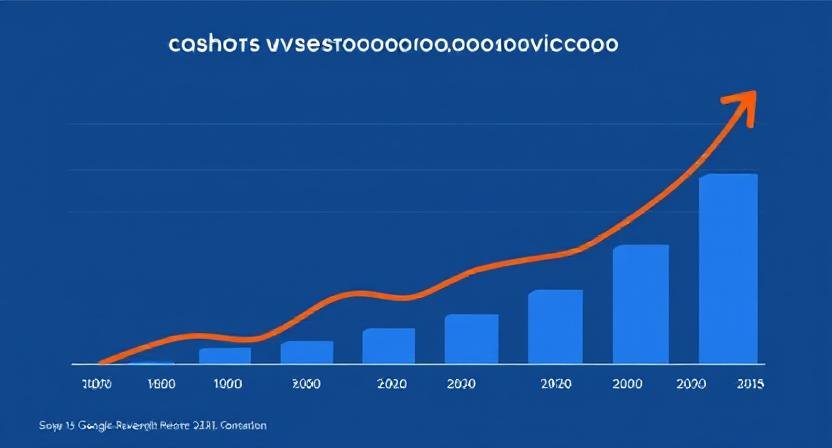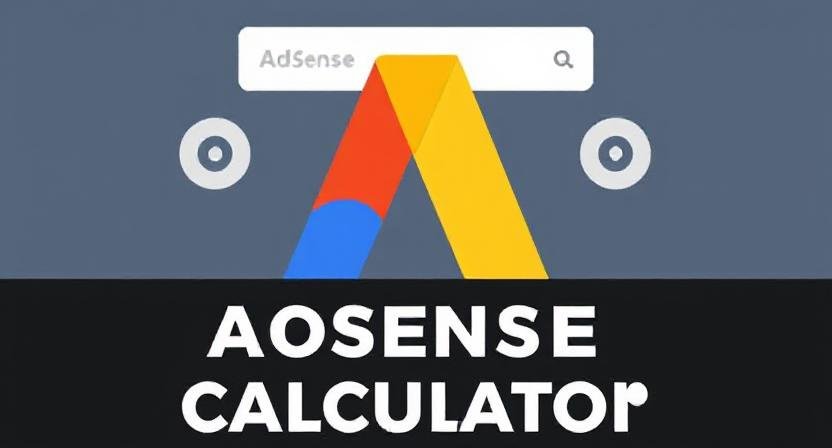If you are a website owner or blogger monetizing with Google AdSense, keeping track of your earnings is essential for optimizing income and making informed marketing decisions. But manually calculating your revenue can be complicated and time-consuming, especially if you manage multiple websites or ad units. That’s where a Website AdSense Earning Checker becomes invaluable.
In this detailed guide, you will learn what a Website AdSense Earning Checker is, why it’s important, how to use it effectively, and how you can monitor your AdSense revenue efficiently in 2025. This article will help you maximize your ad profits while staying fully compliant with Google’s policies.
What Is a Website AdSense Earning Checker?
A Website AdSense Earning Checker is a digital tool or dashboard that helps you monitor your Google AdSense revenue. It provides real-time or periodic updates on your earnings, clicks, RPM (revenue per thousand impressions), CTR (click-through rate), and other key performance indicators (KPIs) related to your AdSense account.
Instead of manually compiling reports, the earning checker aggregates data to give you an instant snapshot of how well your ads are performing. This accelerates decision-making and helps identify trends or issues early.
Why Should You Use a Website AdSense Earning Checker?
-
Real-time Revenue Tracking: Stay updated with your daily and monthly ad income without digging through Google AdSense reports.
-
Performance Optimization: Quickly identify which pages, ads, or formats are generating the most earnings.
-
Time Efficiency: Save hours by automating income reporting.
-
Informed Decision Making: Use data-backed insights to strategize content and advertising tweaks.
-
Multiple Account Management: Easily monitor revenue across multiple websites or accounts.
How to Use a Website AdSense Earning Checker Effectively
Step 1: Access Your AdSense Dashboard
Google AdSense itself offers a comprehensive reporting dashboard with detailed metrics. Logging in regularly is the first step to check your earnings.
Step 2: Use Third-Party Tools or Plugins
To simplify monitoring, multiple third-party tools and WordPress plugins offer integrated AdSense earning checkers with enhanced features such as push notifications, historical comparisons, and ad placement suggestions.
Popular tools include:
-
AdSense Revenue Tracker by MonsterInsights (WordPress plugin)
-
Google Analytics integration with AdSense
-
Dedicated revenue tracking dashboards in advanced CMS platforms
Step 3: Set Key Performance Indicators (KPIs)
Set benchmarks for:
-
Click-through rate (CTR)
-
Cost per click (CPC)
-
Revenue per thousand impressions (RPM)
Tracking these KPIs alongside your earnings helps pinpoint gaps or opportunities in ad performance.
Step 4: Monitor Trends and Patterns
Use the tool to observe daily, weekly, and monthly trends. If you notice sudden drops or spikes, investigate factors such as site traffic changes, ad placements, or policy violations.
Key Metrics Explained for AdSense Earnings
Understanding the terms helps maximize your website’s AdSense potential:
-
CTR (Click-Through Rate): The percentage of visitors clicking ads.
-
CPC (Cost Per Click): The amount earned per click.
-
RPM (Revenue per Mille): Earnings per 1,000 page views. This metric helps estimate overall revenue from traffic.
-
Impressions: The total views of your ads.
-
Page RPM: Total ARPU (Average Revenue Per User) considering all monetized pages.
A good earning checker will present these metrics clearly to help you decide if you need to optimize your ads, generate more targeted traffic, or increase user engagement.
Tips to Enhance Your AdSense Earnings Using a Revenue Checker
-
Identify and Optimize High-Performing Content: Use revenue data to discover your top-earning pages. Focus on driving more traffic to these pages through SEO and social media.
-
Optimize Ad Placements: Experiment with ad sizes and placements based on earning checker reports.
-
Use A/B Testing: Quickly test different ad formats and monitor earnings impact.
-
Engage Mobile Visitors: Since mobile traffic often differs in behavior, use your earning checker to monitor mobile-specific earnings separately.
-
Avoid Invalid Clicks: Monitoring earnings helps spot abnormal click patterns that may result in penalties.
How to Monitor Multiple Websites’ AdSense Earnings
If you manage multiple domains or clients’ websites, using a consolidated AdSense earning checker dashboard can streamline revenue tracking. Tools that integrate multiple accounts enable centralized monitoring, reducing the chaos and increasing oversight efficiency.
Understanding Google AdSense Policies and Compliance
Using an earnings checker is convenient, but always ensure you follow Google’s program policies to avoid account suspension:
-
Don’t click your ads to artificially inflate earnings.
-
Avoid encouraging others to click ads.
-
Ensure your site content complies with AdSense guidelines.
-
Use accurate traffic acquisition methods.
Maintaining compliance safeguards your ad income over the long term.
Trusted Resource for Google AdSense Revenue Tracking
For official guidance, tutorials, and troubleshooting on AdSense earnings and reporting, the Google AdSense Help Center offers invaluable, expert-backed resources. It’s the best place to stay updated on dashboard features, earnings calculations, and policy changes.
Read More: 7The Ultimate Guide to Using a Website Ad Revenue Calculator to Maximize Your Earnings in 2025
Final Thoughts: Master Your Website Revenue with an AdSense Earning Checker
Knowing how to track your website’s AdSense earnings precisely is crucial to sustaining and growing your online revenue streams. A reliable Website AdSense Earning Checker simplifies monitoring and empowers data-driven strategies to enhance your ad performance.
In 2025, combining smart tools, regular analysis, and compliance awareness will help you navigate the evolving digital landscape successfully. Monitor closely, optimize often, and scale confidently.











1 thought on “The Complete Guide to Using a Website AdSense Earning Checker in 2025”